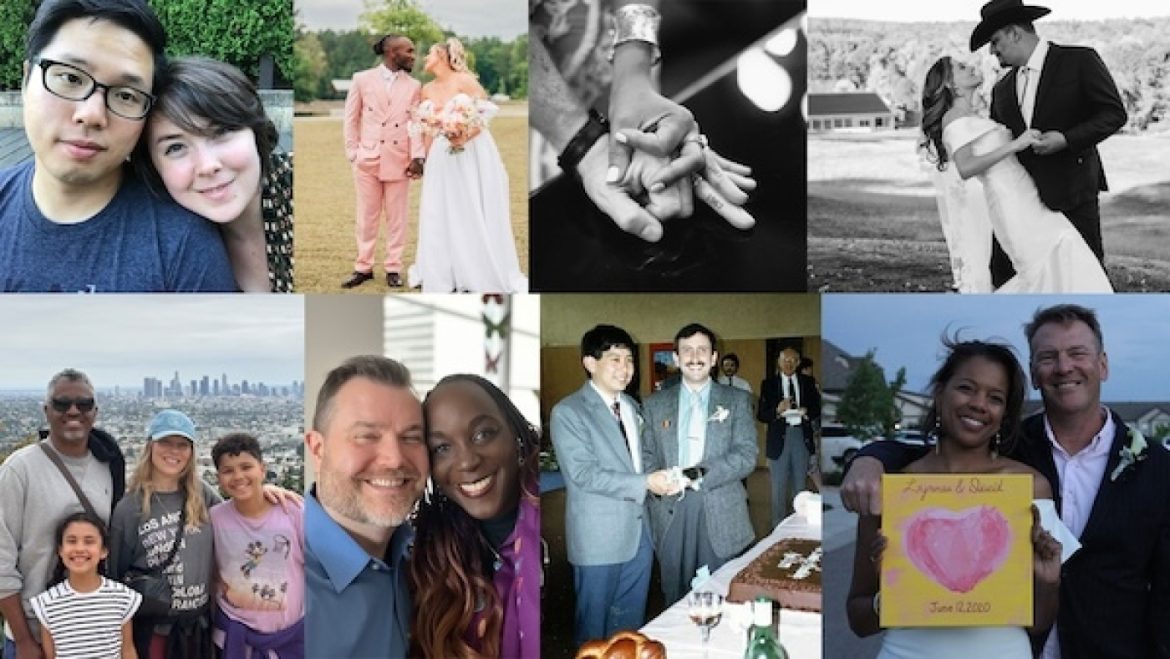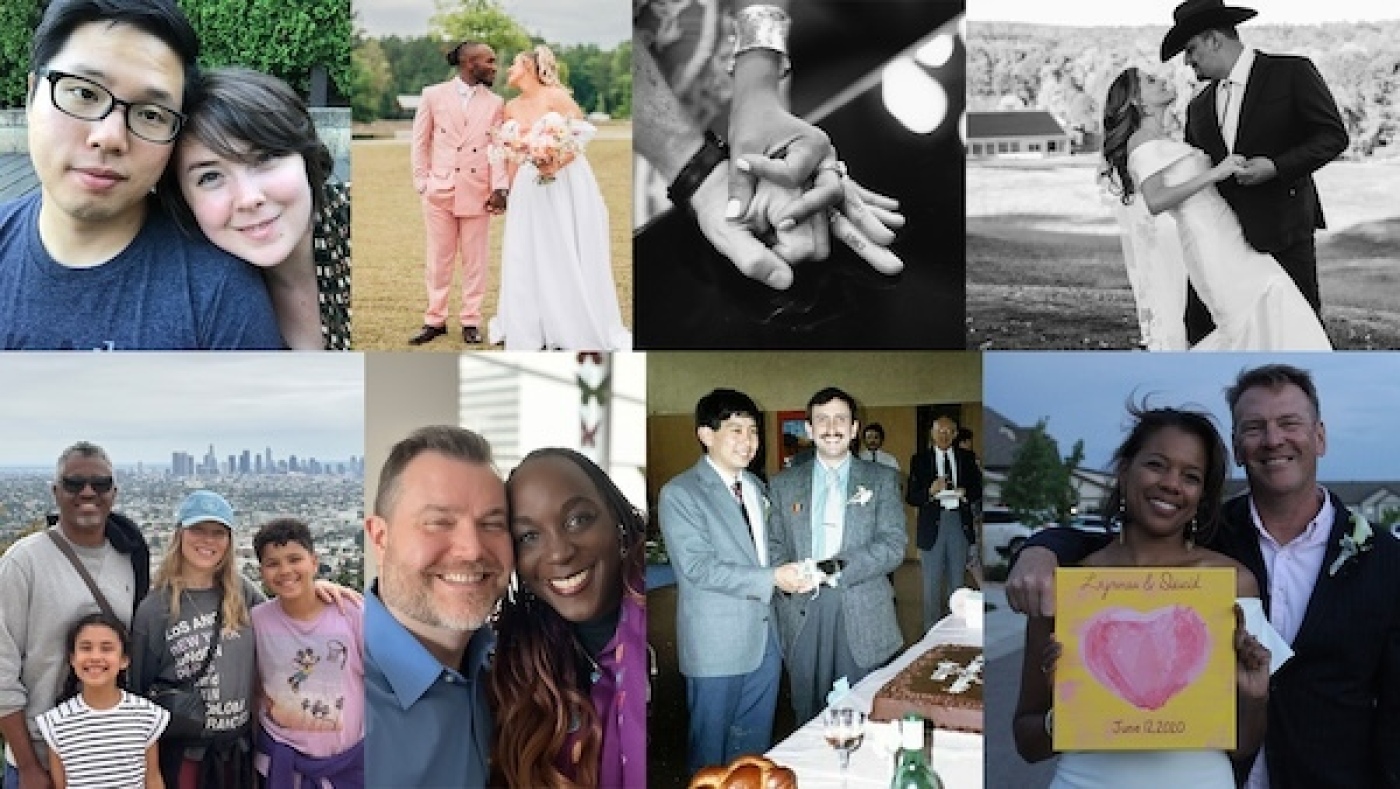June 12th marks Loving Day, a significant celebration in the United States honoring the landmark 1967 Supreme Court ruling in Loving v. Virginia. This case invalidated all U.S. state laws that prohibited interracial marriage, a pivotal moment that reshaped social and legal landscapes across the nation. NPR and various media outlets have recently gathered personal accounts from readers to commemorate this day, revealing a tapestry of love, adversity, and resilience inspired by the Lovings’ courageous fight.
The Historical Context of Loving v. Virginia
Richard and Mildred Loving’s story began in 1958 when their interracial marriage led to their arrest in Virginia, where anti-miscegenation laws criminalized their union. Their legal battle climaxed in the Supreme Court striking down laws banning interracial marriages, emphasizing individual freedom and equality under the law. This ruling legally enabled interracial couples to marry without fear of prosecution nationwide, dismantling a vestige of institutionalized racism.
Personal Narratives: Love Beyond Boundaries
Readers who shared their experiences through NPR and other platforms paint a heartfelt picture of what Loving Day symbolizes today. These stories range from joyous tales of finding love despite societal obstacles to accounts of enduring discrimination and adversity due to their interracial relationships.
Many describe loving “without reservation,” highlighting how the legal ability to marry freely profoundly impacted their lives and families. The legacy of the Loving case provides not only legal protection but also a framework for ongoing conversations on race, identity, and acceptance. The narratives include reflections on the challenges faced, such as prejudice from communities and family, and the strength drawn from love when confronting those barriers.
Celebrating Love and Human Rights
In recent years, Loving Day has evolved beyond mere commemoration to become a platform for promoting racial justice and equality. Social media campaigns amplify voices sharing stories of interracial love and resilience, encouraging society to embrace diversity in relationships. These campaigns underscore the importance of acceptance and the ongoing struggle against discrimination.
Events commemorating Loving Day frequently involve storytelling sessions, community gatherings, and educational forums where individuals express how interracial love has transformed their worldview and family dynamics. For many, the holiday serves as a reminder to honor the courage of the Lovings and to celebrate love’s power to challenge and change deeply entrenched prejudices.
The Intersection of Love, Adversity, and Social Progress
The stories shared reveal how Love Day commemorations are not simply about romance but also about the adversities faced by interracial couples and their families over decades. They offer insight into the societal changes still unfolding, reminding us that while legal barriers have been dismantled, social acceptance can remain an uphill battle.
Listeners and readers expressed that Loving Day means more than recognition of a legal victory—it embodies hope, endurance, and the ongoing fight for equality. These firsthand accounts serve as vital testimonies to how personal experiences connect with broader civil rights movements, illustrating the intertwined journey of love and social justice.
Media’s Role in Amplifying Voices
NPR’s initiative to collect and share these intimate stories enriches public understanding of Loving Day’s significance. Through articles, audio clips from historical trials, and reader submissions, NPR and other platforms foster a nuanced dialogue about interracial relationships today. They highlight diverse perspectives, from the reasons people fell in love to the hardships they endured and the pride they feel celebrating this milestone.
Beyond direct storytelling, cultural products such as novels, memoirs, and public radio segments further immortalize these experiences, helping normalize interracial love and challenge prejudices. For example, contemporary authors and storytellers often reflect themes of love transcending racial boundaries, contributing to a broader cultural appreciation.
Conclusion: Loving Day as an Ongoing Testament to Love’s Defiance and Resilience
Loving Day is more than an anniversary—it is a living testament to love’s ability to transcend legal, social, and racial barriers. The compelling stories shared by NPR readers and others nationwide emphasize how the Lovings’ legacy continues to inspire couples, families, and communities to challenge intolerance and celebrate diversity.
By remembering Richard and Mildred Loving’s fight, society acknowledges both the progress made and the work that remains in fostering genuine acceptance and equality. Love, in all its forms, stands resilient against adversity, making Loving Day a powerful reminder that the pursuit of happiness is a universal right that should never be constrained by prejudice or law.


